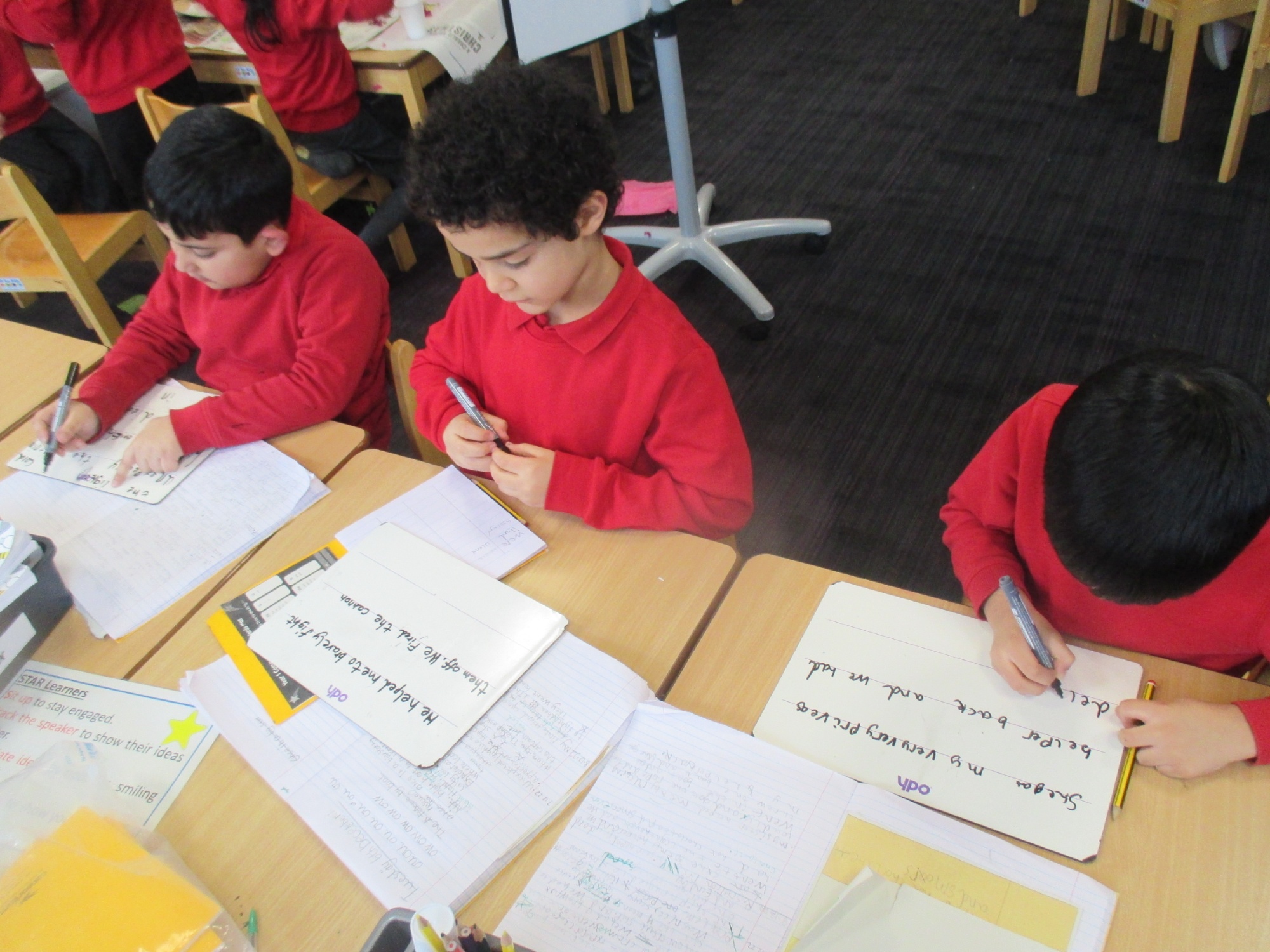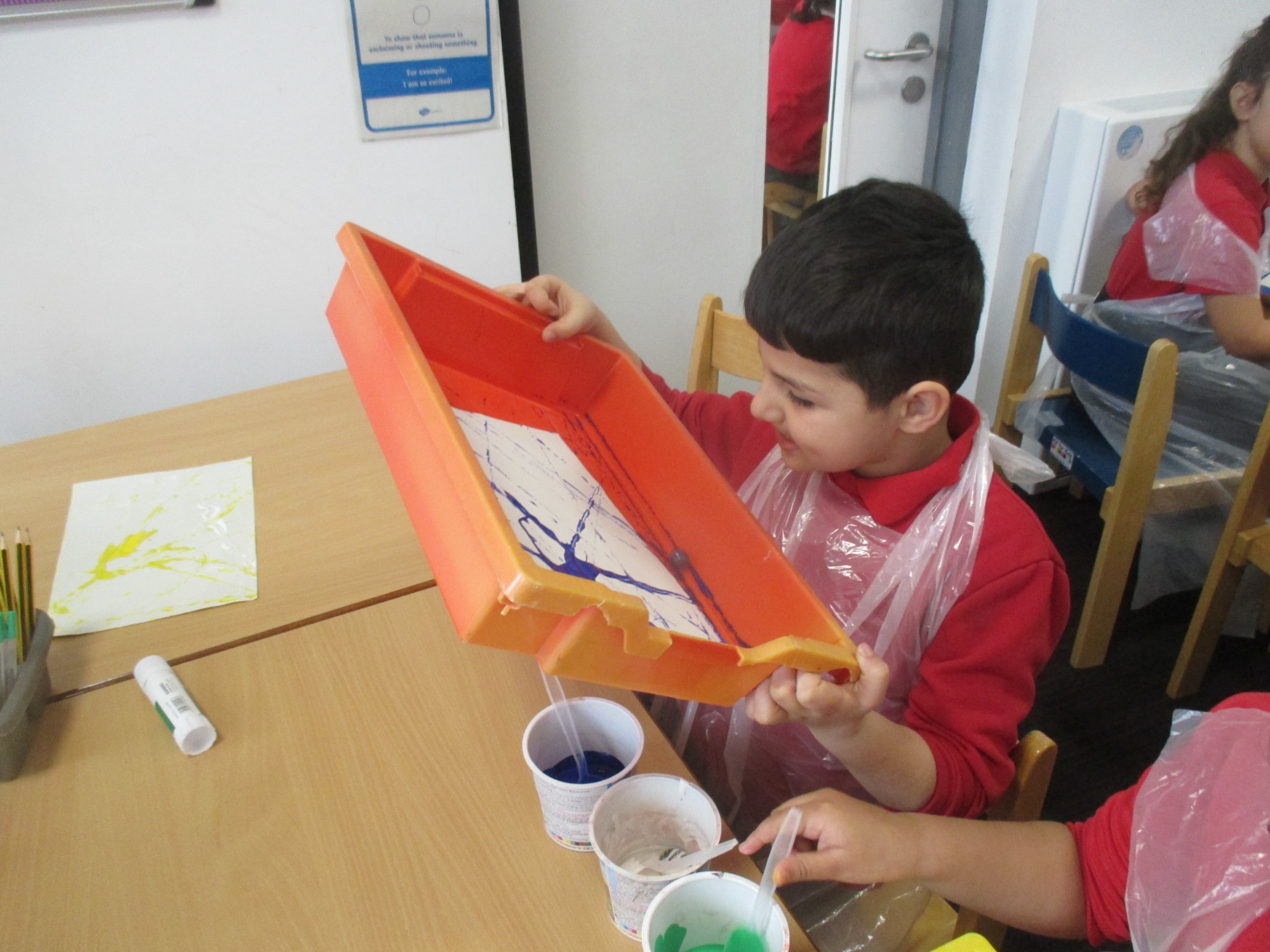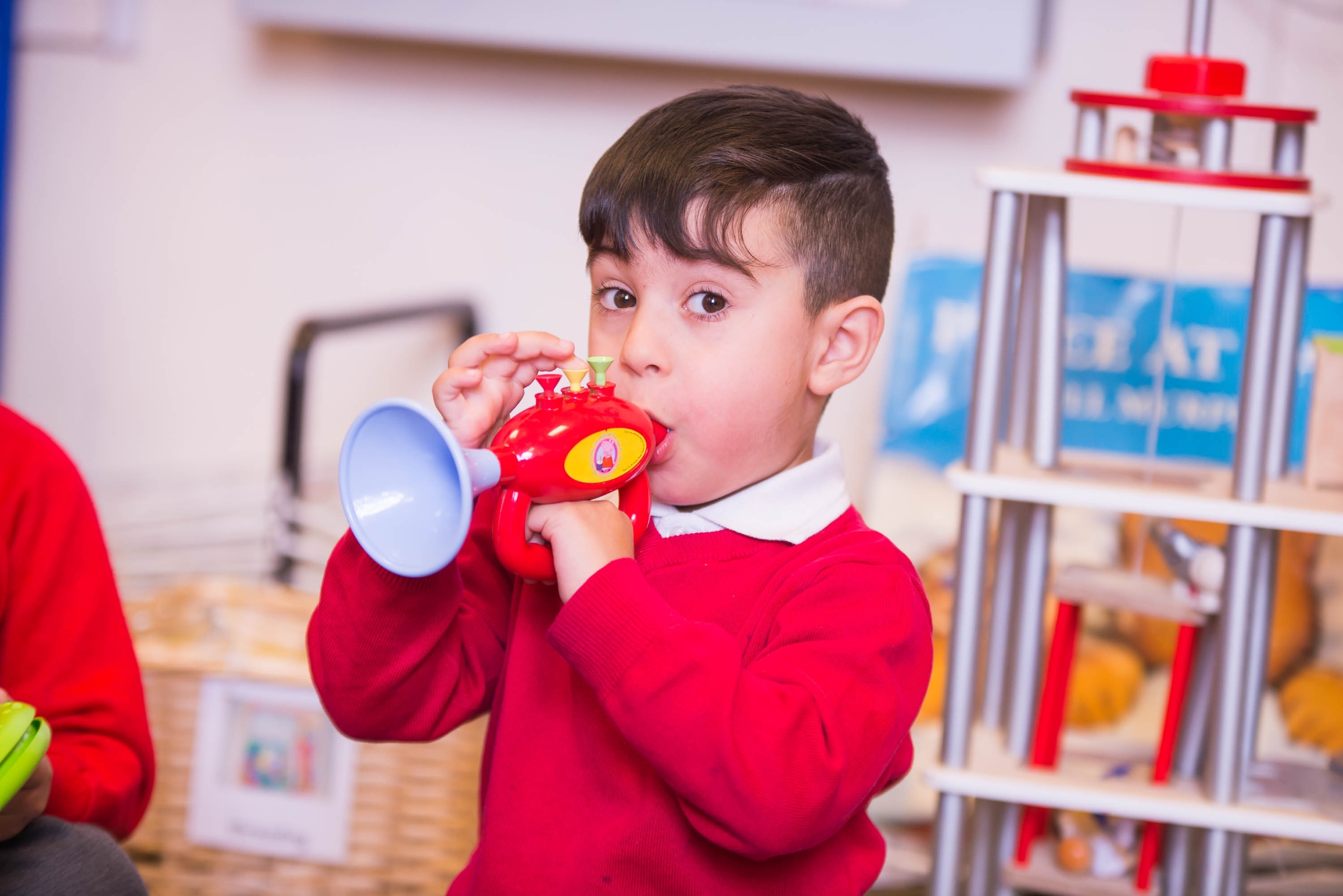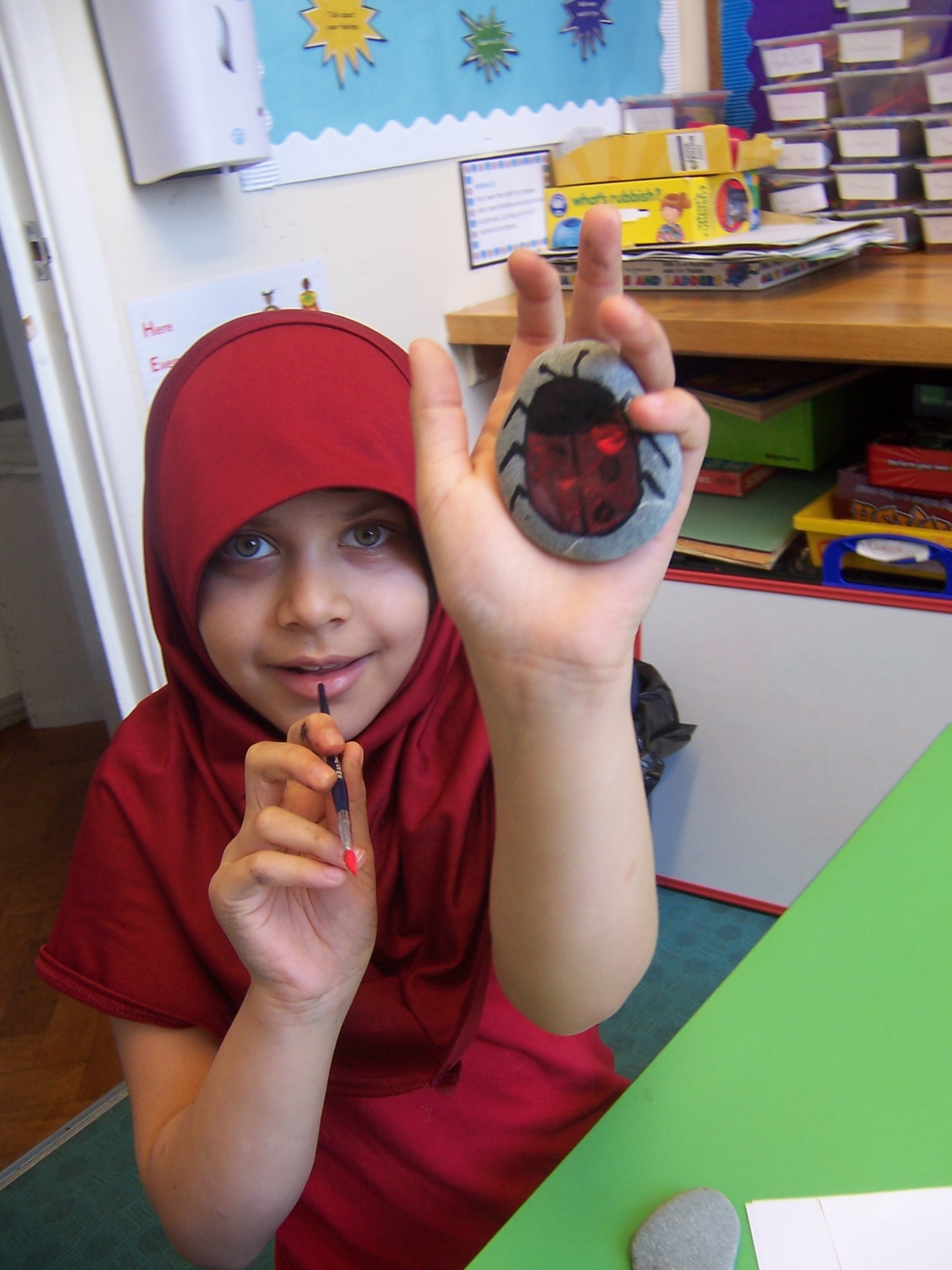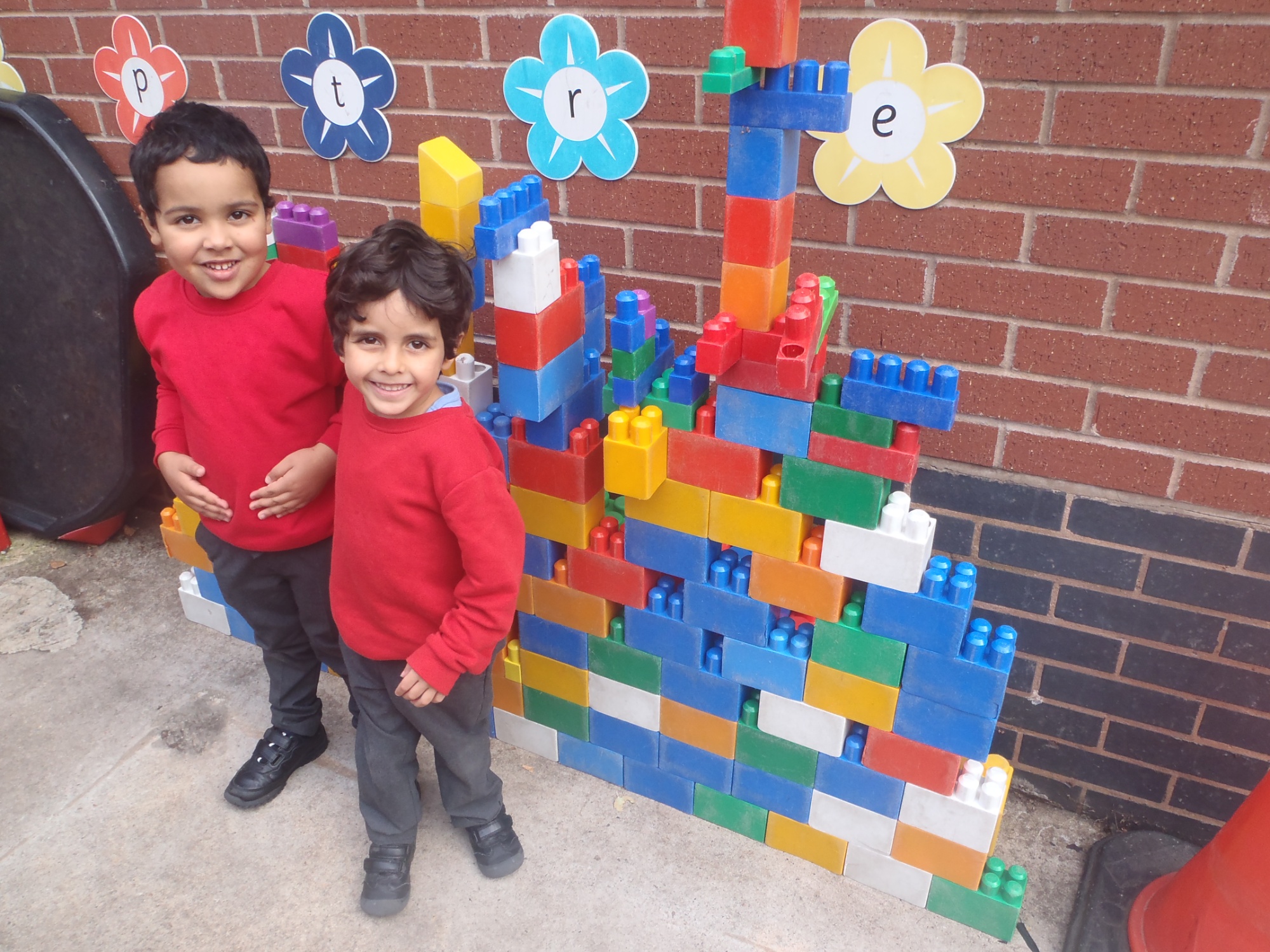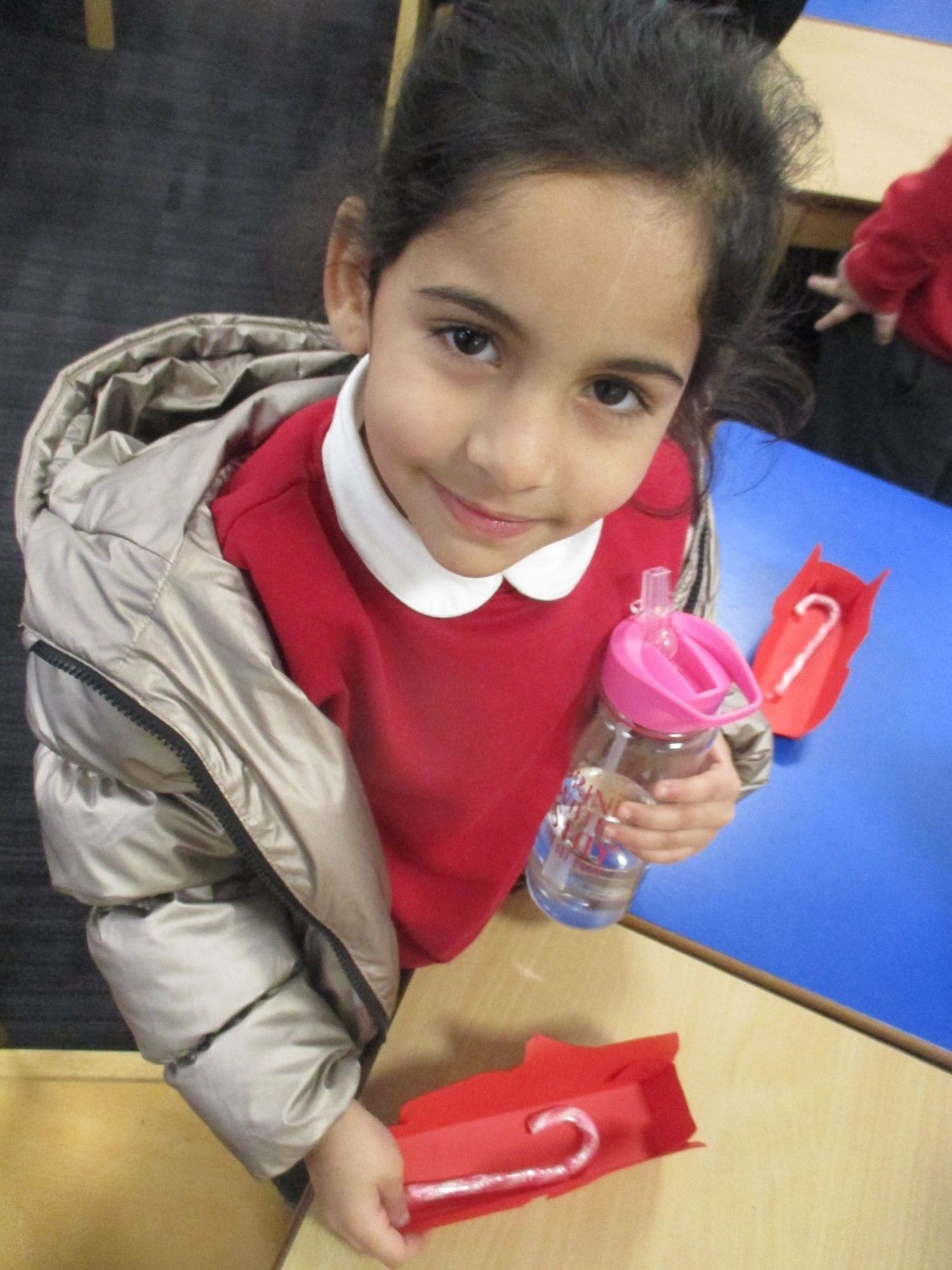Science
Scientist of the month
Question of the week!
Intention
What are we trying to achieve?
The starting point for the science curriculum at St. Benedict’s Primary School is the children. Language and literacy is at the heart of our curriculum and is the basis from which all other subjects evolve. We therefore aim to develop the children’s scientific skills and knowledge through a connected and language rich curriculum.
It is our intent to ensure that all children are provided with rich learning experiences that aim to prepare them for life in an increasingly scientific and technological world today and in the future. We aim to develop every child’s scientific skills and understanding through different types of science enquiries that help them to ask and answer scientific questions about the world around them.
Implementation
How do we organise this?
At St. Benedict’s Primary school, our curriculum uses the 2014 National Curriculum as our learning framework. Science is taught through the Cornerstones Curriculum which is a creative and thematic approach to learning that is mapped to the 2014 Primary National Curriculum. Science is delivered through projects where scientific skills and knowledge are developed progressively and ensures progression between year groups through an inclusive, creative and engaging curriculum; providing a variety of opportunities and challenge to all our pupils. Each project has a strong element of investigation to develop children’s enquiring minds as well as a clear knowledge content to build on both their prior and next stages of learning. In the EYFS, science is taught in a creative, thematic, cross-curricular way with links to the text being taught. This is delivered as part of child-initiated learning, adult guided and continuous provision.
Impact
How do we know it is successful?
The impact of the Science Curriculum at St. Benedict’s Primary school is measured through regular monitoring and reviews, evidence from planning as well as teacher and pupil voice. Evidence from reviews are evaluated and reflected upon to ensure that there is progression in skills, knowledge and subject specific language across all year groups across the school.
Overall, evidence shows that our learners acquire the appropriate age-related knowledge linked to the science curriculum. Pupils are given opportunities to work in groups and individually in a range of practical work to maintain their curiosity, develop their investigative skills and to ensure that they become confident and independent learners. Through engaging, practical and investigative work, children are given valuable opportunities to use subject specific vocabulary to make observations, explain their ideas, answer questions and develop their scientific skills. Our pupils also have varied and first-hand experiences of the world around them through exciting educational trips as well as engagement with the local environment.
Science Policy
Science Overview
Science Progression
Knowledge Organisers
Year 1
Animal Parts
Everyday Materials
Human Senses
Plant Parts
Seasonal Changes
Year 2
Autumn 1-Human Survival
Autumn 2-Habitats
Spring 1-Uses of materials
Spring 2-Plant Survival
Summer Term-Animal survival
Year 3
Autumn Term-Animal Nutrition and Skeleton System
Spring term-Forces and magnets
Summer 1-Plant Nutrition and reproduction
Summer 2-Light and shadow
Year 4
Autumn 1-Food and Digestive System
Autumn 2- Sound
Spring 1-States of Matter
Spring 2 - Grouping and Classifying
Summer Term-Electrical Circuits
Year 5
Autumn 1- Earth and Space
Autumn 2- Forces and Mechanisms
Spring 1- Human reproduction and ageing
Summer 1- Properties and changes of materials
Year 6
Autumn Term-Circulatory System
Spring Term-Electricity
Summer 1 -Light
Summer 2-Evolution



